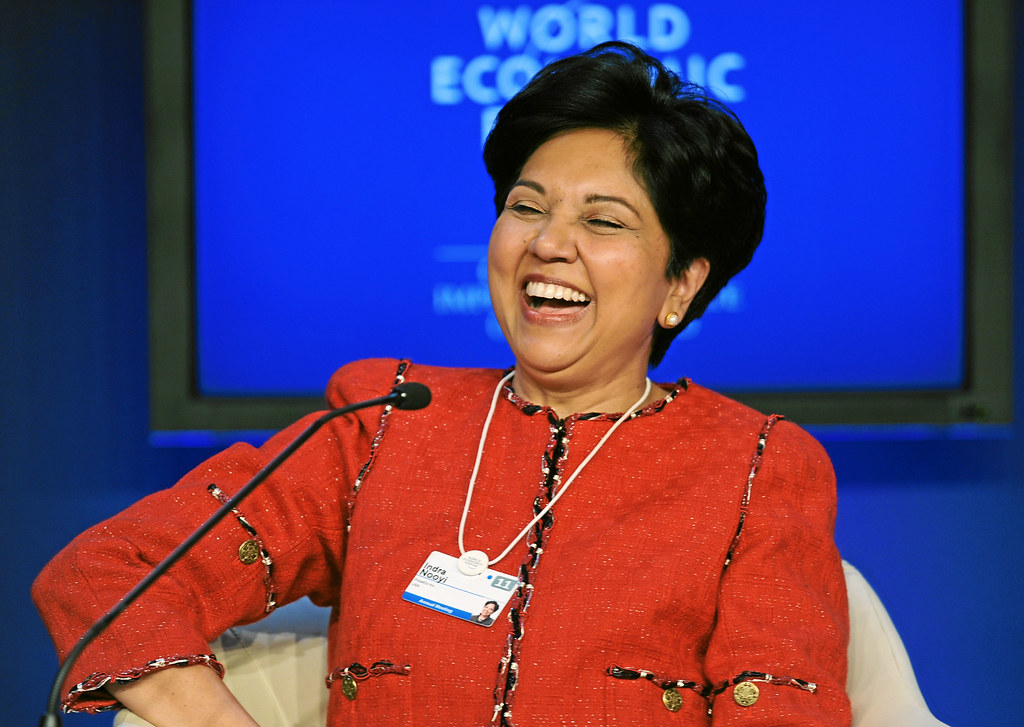
(Editor’s Note: We are now accepting applications for our 2023 Brilliant Business Ideas list. Submit yours today!)
It’s no secret that the business world suffers from gender inequality, especially in the C-suite.
Just 8.8% of Fortune 500 CEOs are women, a number that has moved “at a snail’s pace” year after year, especially for women of color, according to the 2022 Women CEOs in America Report.
There are plenty of reasons for this, from a “boys’ club” culture plaguing companies to added pressure on women to prioritize motherhood over other ambitions. And when women do make it to the top of the ladder, they’re often labeled as “bossy.”
Despite these hurdles, countless women have pushed forward and achieved major milestones in the business world — from Ursula Burns becoming the first Black woman to head a major U.S. corporation to Sara Blakely becoming the world’s youngest self-made billionaire.
Here’s a list of inspiring quotes from current and former women CEOs.
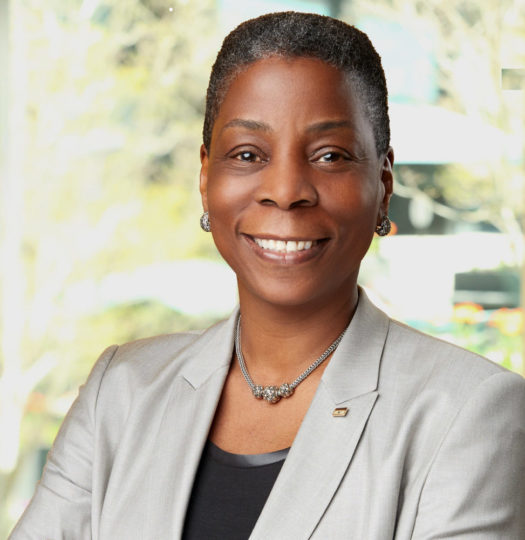
Ursula Burns, former CEO of Xerox (Credit: GPA Photo Archive, Flickr)
“I do business with my heart as much as I do with my head, both personally and professionally.” – Ursula Burns
While Ursula Burns has served on the boards of ExxonMobil and Uber, she is best known for her time as CEO of Xerox from 2009 to 2016. This role made Burns — who was raised in a low-income housing project on Manhattan’s Lower East Side — the first Black woman to head a Fortune 500 company. In 2009, President Barack Obama appointed her as a leader on his STEM initiative and chair of the President’s Export Council, where she traveled with him on an historic trade mission to Cuba. After retiring from Xerox, she took on another CEO position at VEON, a Dutch telecommunication services company. And in June 2021, Burns released her book, Where You Are Is Not Who You Are.
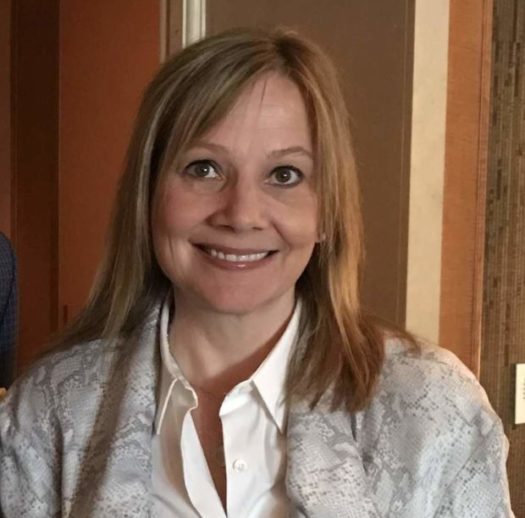
Mary Barra, CEO of General Motors (Credit: Keith Krach, Flickr)
“Do every job you’re in like you’re going to do it for the rest of your life, and demonstrate that ownership of it.” – Mary Barra
Mary Barra rose to the top of General Motors Co. in 2014 after an impressive decades-long career there, making history as the first female CEO of any major automobile manufacturer in the world. The company was dealing with dozens of safety recalls when Barra was first appointed CEO and she had to testify before the Senate. (Many companies have been accused of promoting women only in times of crisis — a phenomenon known as the “glass cliff.”) In response, she implemented various new safety policies. Barra has been praised for her ability to work under pressure, using innovation to solve problems quickly and efficiently.
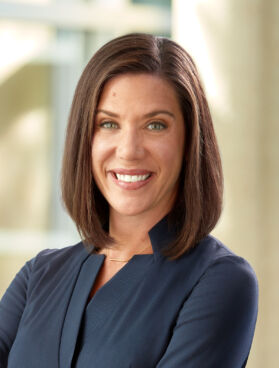
Corie Barry, CEO of Best Buy (Credit: Best Buy Stories)
“Have those uncomfortable moments. Because my strong personal belief is it is those moments that cause you to grow the most yourself, but that also differentiate you the most in your career.” – Corie Barry
When Corie Barry was named CEO of Best Buy in 2019 at the age of 44, she was the youngest CEO of a Fortune 100 company at the time. After just one year in the position, Fortune named Barry on its Most Powerful Women List. Her leadership is defined by her efforts to support employees through initiatives like reverse mentoring, corporate work-study and internships. Under her leadership, Best Buy has partnered with historically Black colleges and universities and has committed more than $44 million to diversity, inclusion and community efforts.
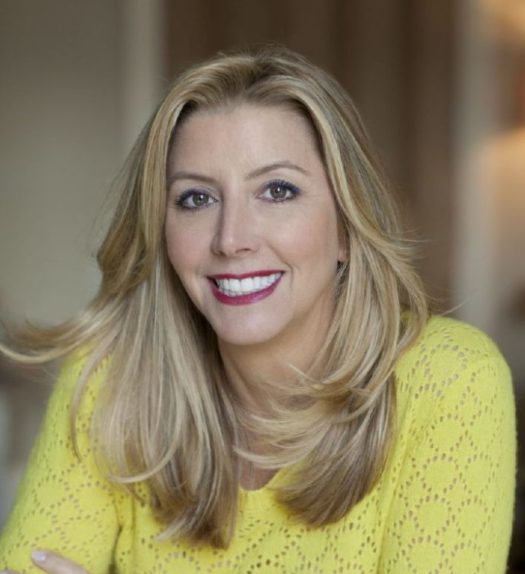
Sara Blakely, founder of Spanx (Credit: Wikimedia Commons)
“My dad encouraged us to fail. Growing up, he would ask us what we failed at that week. If we didn't have something, he would be disappointed. It changed my mindset at an early age that failure is not the outcome, failure is not trying. Don't be afraid to fail.” – Sarah Blakely
Sara Blakely — the entrepreneur who created Spanx — became the world’s youngest female self-made billionaire in 2012. She started her company 12 years earlier using $5,000 of her personal savings, while she was still working full-time at her day job selling fax machines door-to-door. Her business took off in 2000 when Oprah Winfrey featured Spanx on her show. A devoted philanthropist, Blakely signed the Giving Pledge in 2013 and most recently committed $5 million to support female-run small businesses during the pandemic.
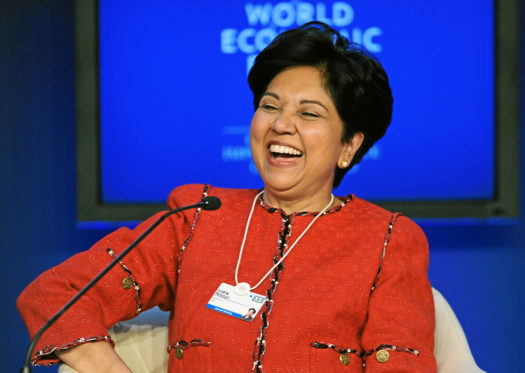
Indra Nooyi, former CEO of PepsiCo (Credit: World Economic Forum, Flickr)
“Just because you are CEO, don't think you have landed. You must continually increase your learning, the way you think, and the way you approach the organization. I've never forgotten that.” – Indra Nooyi
Indra Nooyi has consistently ranked among the world’s most powerful women, and for good reason. Nooyi began her career in India and later joined PepsiCo in 1994, becoming its first woman CEO in 2006. During her 12-year tenure, Nooyi led a major restructuring and, in an effort to have the company provide a more balanced variety of products, oversaw the acquisition of Tropicana and a merger with Quaker Oats. Under her leadership, PepsiCo’s revenues increased from $35 billion in 2006 to $63.5 billion in 2017. In 2021, Nooyi released her memoir, My Life in Full: Work, Family, and Our Future, and was inducted into the National Women’s Hall of Fame.
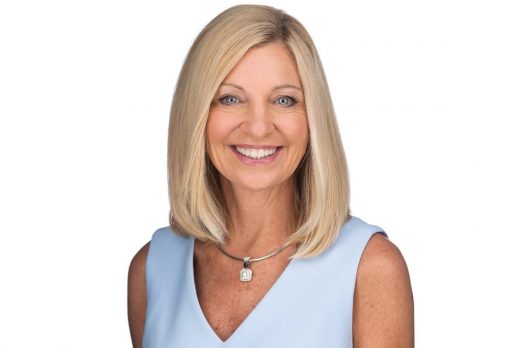
Karen Lynch, CEO of CVS (Credit: CVS Health Newsroom)
“Be authentic. Be yourself, and work at places that really welcome who you are. You’ll get up every single morning passionately committed to making a difference. Leave your fingerprints. Really think about … what’s the impact that I had because of this job?” – Karen Lynch
Karen Lynch, the president and CEO of CVS, was ranked first on Fortune’s Most Powerful Women List for the past two years. She took the helm during the Covid-19 pandemic after previously serving as the first female president of Aetna. Under Lynch’s leadership, CVS Health administered the Covid-19 vaccine in more than 40,000 long-term care facilities and in CVS Pharmacy locations across the U.S. CVS also supported vulnerable, low-income communities by partnering with Lyft and the YMCA to expand Covid-19 vaccine access in those communities. And last year, Lynch led the initiative to combat the pink tax by reducing prices of menstrual products.
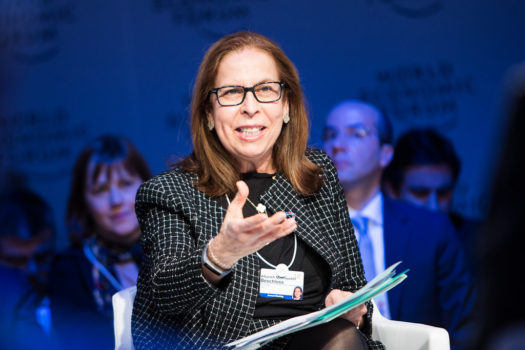
Geisha Williams, former CEO of PG&E (Credit: World Economic Forum, Flickr)
“Don't be afraid to take the tough jobs. You'll develop confidence in dealing with tough issues that will serve you for the rest of your career.” – Geisha Williams
When Geisha Williams was five years old, she and her parents immigrated to the United States from Cuba as political refugees. Though she couldn’t speak English when she first arrived, Williams grew up to be the first person in her family to receive a college education and entered the field of energy and electricity. She joined PG&E in 2007 to oversee the company’s electric operations before she was named president and CEO 10 years later — making her the first Latinx female CEO to head a Fortune 500 company. Under her leadership, the company says it has delivered nearly 80% greenhouse-gas-free electricity to 16 million people in northern and central California, and the best electric reliability in company history.
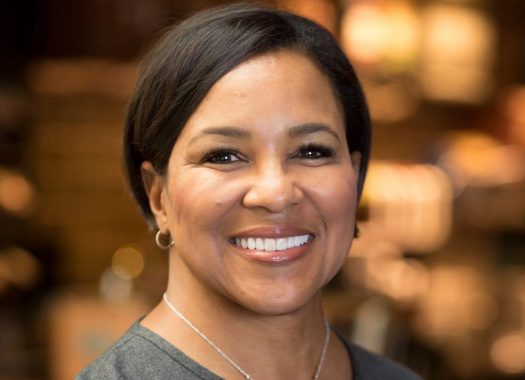
Rosalind Brewer, CEO of Walgreens Boots Alliance (Credit: Starbucks Stories)
“Don’t be silent in the room. Even if you think you’re gonna make a mistake, that’s better than sitting there quiet because you begin to suffocate… So just get it out there and feel like you have value.” – Rosalind Brewer
Rosalind “Roz” Brewer was appointed CEO of Walgreens Boots Alliance in 2021, making her the only Black woman at the helm of an S&P 500 company. She has held executive positions at Kimberly-Clark, Walmart, Sam’s Club and Starbucks — and in 2019, she was the only Black woman to sit on Amazon’s board. During her time as CEO of Starbucks, Brewer received the Legacy of Leadership award from her alma mater, Spelman College. She is known for using her position of power to advocate for diversity and inclusion by implementing racial bias training for employees and inclusive company policies. Brewer is regularly included on Most Powerful Women lists from Fortune and Forbes.
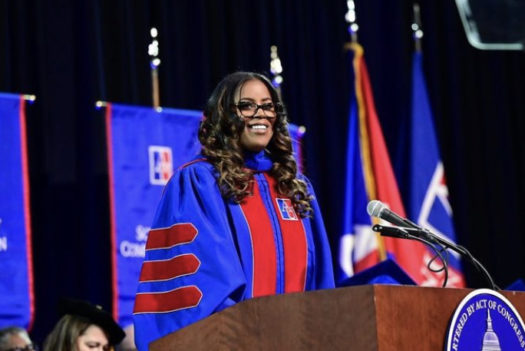
Thasunda Brown Duckett, CEO of TIAA (Credit: Thasunda Brown Duckett, Instagram)
“You rent your title, you own your character.” – Thasunda Brown Duckett
Thasunda Brown Duckett serves as the president and CEO of the Teachers Insurance and Annuity Association, or TIAA, a Fortune 100 organization that provides financial services in the academic, research, medical, cultural and governmental fields. Duckett joined TIAA after serving as CEO of Chase Consumer Banking, where she oversaw a banking network with more than $600 billion in deposits and 50,000 employees. Her role at TIAA makes her the fourth Black woman in history to serve as a Fortune 500 CEO. Additionally, Duckett serves on the boards of a number of organizations such as Nike, the National Medal of Honor Museum and the Economic Club of New York.
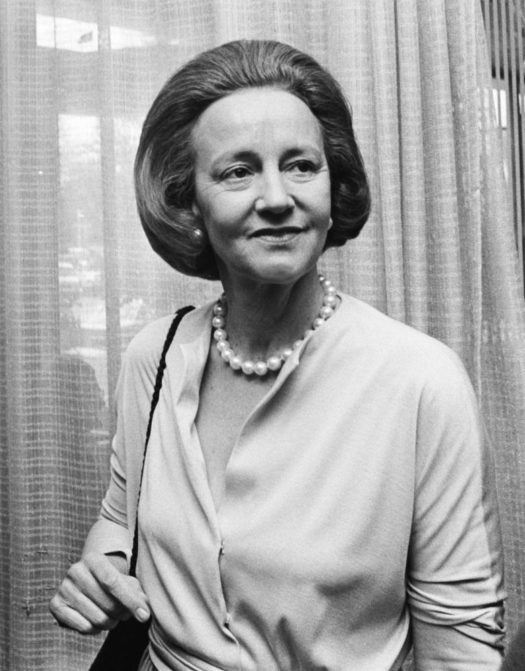
Katharine Graham, former president of The Washington Post (Credit: Wikimedia Commons)
“Finding leadership requires vigilance, hard work, an abhorrence of complacency and self-satisfaction — and a willingness to make changes when changes are needed, no matter how painful they may be.” – Katharine Graham
Katharine Graham made history as the first female CEO of a Fortune 500 company when she took over as CEO of The Washington Post. She’s best known for publishing the Pentagon Papers and supporting the Post’s investigation into the Watergate scandal, which ultimately led to the resignation of President Richard Nixon. In The Post — the 2017 film about the Pentagon Papers — Graham is portrayed by Meryl Streep. In her Pulitzer Prize-winning memoir, Personal History, Graham details her initial struggles as the first and only woman to hold such power in publishing and how she learned to trust her own knowledge and intuition. Graham is remembered for her role in defending the integrity of free press even when threats were made against her.


